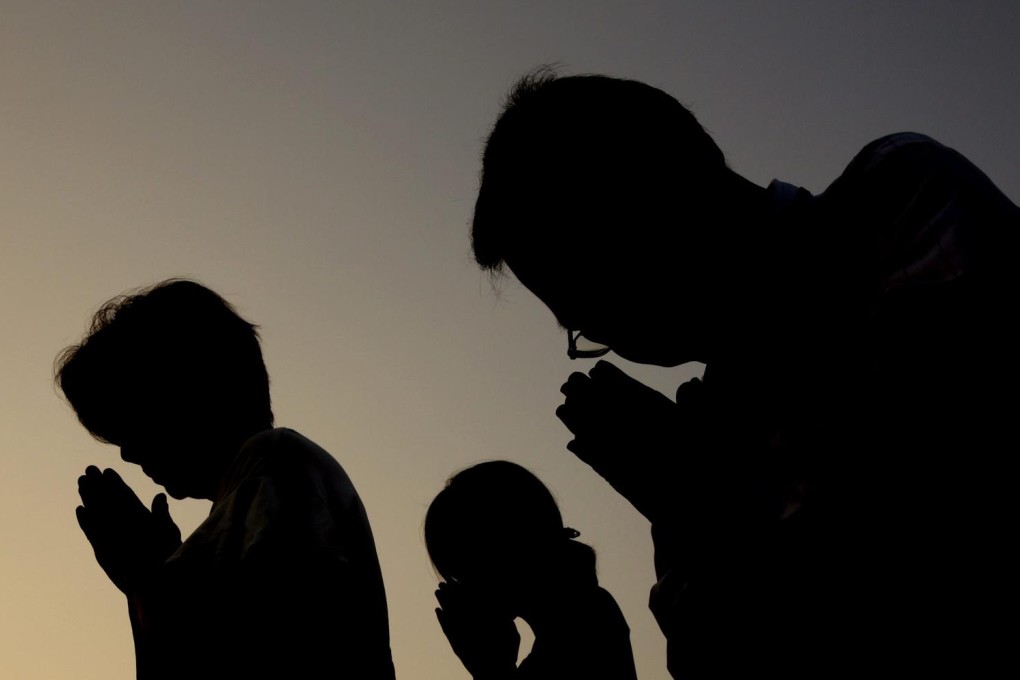Zen no more: A third of Japan's Buddhist temples expected to close within 25 years as religion faces an 'existential crisis'
Shrinking communities and costly traditional funerals are dimming the religion's future

Perched on a hilltop and surrounded by mountain forests ablaze in autumn reds and yellows, Kaigenji is a picture postcard image of old Japan. The stone steps leading to the entrance of the 300-year-old Zen Buddhist temple take visitors past a lovingly tended landscape of rocks, trees and pale gravel raked into swirls to symbolise water.
Inside, the head priest, Bunkei Shibata, is in a contemplative mood. But it is not the path to enlightenment that occupies his thoughts. Instead, he is pondering the future of his, and tens of thousands of other Buddhist temples across Japan.
Over the next 25 years, 27,000 of the country's 77,000 temples are expected to close, in one of the biggest existential crises facing Japanese Buddhism since it was introduced from Korea in the sixth century.
Its decline mirrors that of hundreds of small communities that have traditionally helped finance their local temple.
In a report released last year, the Japan Policy Council warned that if the exodus, particularly among young women, from rural areas continues at the current rate, almost half of Japan's municipalities will disappear by 2040, along with their places of religious worship.
With no parishioners left to pay for their upkeep, temples will have no choice but to close their doors for good, according to Hidenori Ukai, a journalist and deputy head priest of Shogakuji temple in Kyoto.
"The popular image of Buddhist priests as wealthy might still be true in big cities like Tokyo and Osaka, but it's not the case elsewhere," said Ukai. "At my temple, we have about 120 local patrons, but you need at least 200 to make a living," added Ukai, who, like many priests, decided to pursue a second career.
